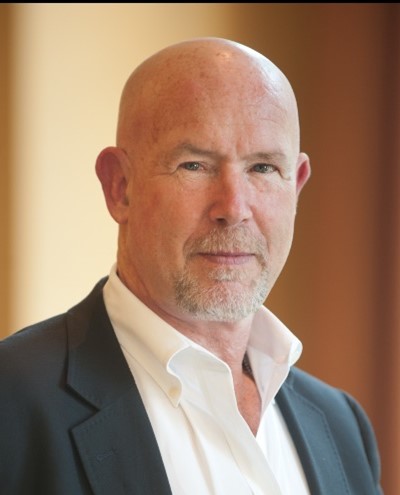I have sat in numerous presentations at APMP conferences where the presenter, in one form or another, states that working on proposals will always require those involved to work extensive overtime, give up their weekends and holidays, cancel vacation plans, and react to whatever demands sales puts upon them. When I’m in the audience for such presentations, I usually hold my tongue as long as I possibly can, but I inevitably end up taking the floor and stating that professionals work a reasonable number of hours per week, take weekends off and go on vacations as planned. They don’t work whatever hours are necessary just because the requestor of the services gave them little to no notice or they weren’t given a reasonable amount of time to develop a high-quality, high-impact response.
I’ve spent the better part of 30 years promoting proposal development as a profession and helping clients develop professional proposal support capabilities.
Early in my career, like many others in proposal support, I saw it as a ‘badge of honour’ to work long hours – often 20+ hour days and working 10+ days without a day off. As I learned what it meant to be a proposal professional, I realised this: when the proposal support function (PSF) is treated as an equal partner to sales and the individuals within the PSF act like professionals, they work a reasonable number of hours and have a work/life balance.
I recall doing an assessment for a large company some years ago. The assessment required me to interview the heads of the PSF in several countries where this corporation had operations. One country was Belgium, where I found a proposal group that did “anything and everything” they were asked to do, no matter how little notice they received. They consistently worked a great deal of overtime, worked on weekends and holidays, and gave up their vacations. When I investigated this a bit, not surprisingly, I met a Sales Director who clearly thought of and described the PSF as “glorified administrators” and saw no reason why they shouldn’t work whatever hours were needed to “get something out the door.” Also not surprising, the responses going out the door were much less than high-impact and high-quality.
For this same corporation, I interviewed the head of the PSF in the Netherlands. When I asked this individual how much overtime the group worked and how often they had to give up a weekend or a vacation, she informed me they never worked overtime, never worked a weekend, and certainly wouldn’t ever dream of cancelling vacation plans. I asked her what would happen if sales came to her with a last-minute need. She explained that that person would have to explain to the company President why they hadn’t provided sufficient notice – which, needless to say, they quickly learned to provide.
I have assessed and worked with hundreds of PSFs, in a variety of companies and across various industries. My experience with the assessment described above has led me to know the difference in how a proposal support function is viewed and treated comes down to ‘Enlightened Leadership’ within senior management. Those leaders who ‘get it’ when it comes to proposal development will ensure the proposal support function is viewed and treated as a respected and equal partner to sales and the other functions involved in the process. And when the individuals within the PSF are treated as and operate like professionals, all the tenets of the Proposal Professional’s Bill of Rights apply, including the right to reasonable work/life balance.
The Proposal Professional’s Bill of Rights
A Proposal Professional has the right:
-
- … to be treated as a professional.
- … to be involved in the qualification of opportunities.
- … to receive a reasonable amount of notice.
- … to an appropriate and realistic lead time.
- … to have the necessary resources available.
- … to expect others to meet their commitments and adhere to deadlines.
- … to a predictable and realistic workload and associated work/life balance.
- … to be trained in the skills required to do their job well.
- … to take the time necessary to improve processes and tools, as well as their skills and knowledge.
- … to be measured on (and rewarded for) achieving objectives within their control.
